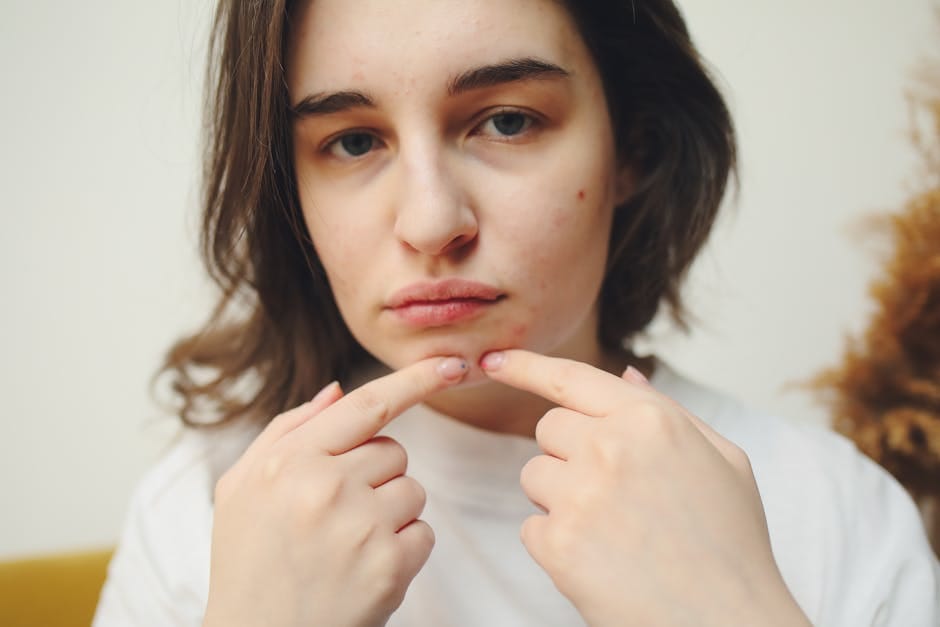Acne is a common skin condition that affects people of all ages. It can cause pimples, blackheads, whiteheads, and other blemishes. While acne can be frustrating, there are many effective treatments available. Finding the right treatment depends on the type and severity of your acne. This post will explore ten proven acne treatments to help you achieve clearer skin.
Over-the-counter treatments are a good starting point for mild acne. Look for products containing benzoyl peroxide or salicylic acid. Benzoyl peroxide kills bacteria and helps unclog pores, while salicylic acid exfoliates the skin and prevents pores from becoming blocked. These ingredients are available in various forms, including cleansers, creams, and gels.
For moderate to severe acne, a dermatologist may recommend prescription medications. Topical retinoids, derived from vitamin A, increase skin cell turnover and prevent clogged pores. Oral antibiotics can help reduce inflammation and kill acne-causing bacteria. In some cases, oral contraceptives may be prescribed to regulate hormones that contribute to acne.
Isotretinoin, a powerful oral medication, is reserved for severe cystic acne that hasn't responded to other treatments. It significantly reduces oil production and shrinks sebaceous glands. While highly effective, isotretinoin has potential side effects and requires close monitoring by a dermatologist.
Chemical peels are in-office procedures that use chemical solutions to exfoliate the skin, unclog pores, and reduce acne scars. Different types of peels are available, ranging from superficial to deep, depending on the individual's needs.
Light therapy and laser treatments target acne-causing bacteria and reduce inflammation. Blue light therapy is particularly effective for inflammatory acne. Laser treatments can also help improve the appearance of acne scars.
Microdermabrasion is a minimally invasive procedure that exfoliates the outer layer of skin, removing dead skin cells and unclogging pores. It can help improve skin texture and reduce the appearance of acne scars.
Extractions are a manual method of removing blackheads and whiteheads. A dermatologist or esthetician uses specialized tools to clear clogged pores. While effective, extractions should be performed by a professional to avoid further skin irritation or infection.
Lifestyle changes can also play a role in managing acne. Maintaining a healthy diet, managing stress levels, and getting enough sleep can contribute to clearer skin. Avoid touching your face excessively, as this can transfer bacteria and irritate the skin.
Remember, finding the right acne treatment may require some experimentation. Consult with a dermatologist to determine the best approach for your specific skin type and acne severity. They can help you develop a personalized treatment plan to achieve clear and healthy skin.

